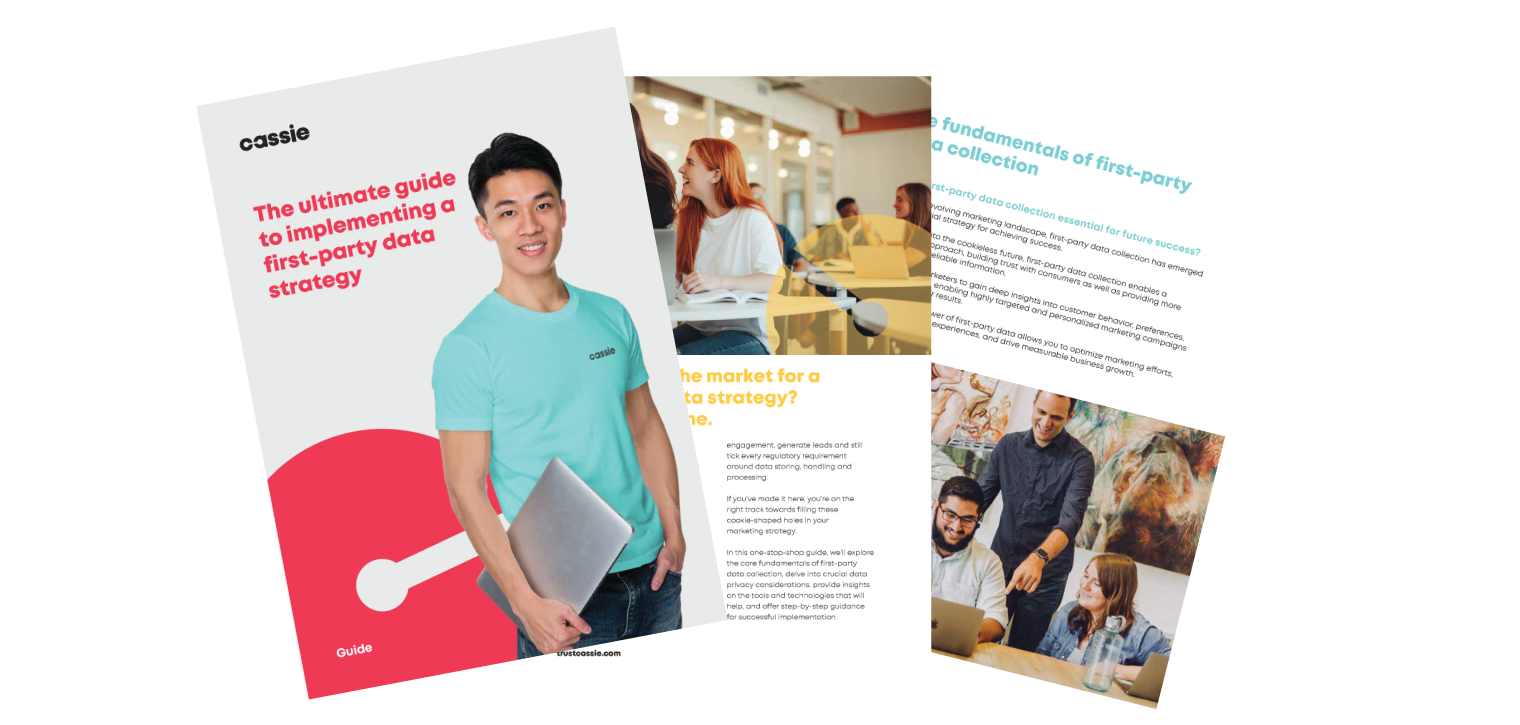Are Gen Z ignoring your ads? What marketers need to know
Posted: November 15, 2024
There is no doubt that there are generational differences in values, wants and needs, due in part to different social, economic, technological, educational, geopolitical, and even pop-culture environments during each generation’s development.
It makes intuitive sense that people who have grown up in sometimes vastly contrasting times will grow up to be individuals who, collectively, show general trends in what they value and expect.
Generation Z describes people born between 1996 and 2010. Also known as “digital natives,” they are the first generation that grew up with the Internet. COVID-19, climate change concerns, and financial turmoil are all other factors that have influenced Generation Z’s value set. Gen Z-ers grew up with social media, including video-based media like TikTok. They also make up a quarter of the world’s population.
Given the size of the population and prevalence of Generation Z in the online, digital world, understanding this generation’s values and preferences can have an enormous impact on a company’s success in the marketplace. Fortunately, for this reason, there is quite a lot of research about Generation Z to fuel productive business decisions.
Some research suggests that there are four high level identity trends that apply to Generation Z:
- Undefined ID – expressing individual, and often fluid truth
- Communaholic – connecting with others frequently, including with others with opposing views
- Dialoguer- having more dialogue and less confrontation
- Realistic – accepting truth and living pragmatically
Especially interesting in the online context are the first and last value trends – comfort with living in fluid truths and living pragmatically.
So, when it comes to marketing, how do they feel and respond?
Undefined ID – Leading to Context-Based Online Decisions
As one description suggests, Gen Z-ers are “identity nomads.” This generation feels free to be fluid in how they identify themselves and “experiment with different ways of being themselves and to shape their individual identities over time.” In the online world, this means that Gen Z-ers have both the technical knowledge and desire to create different online personas – both as they evolve and change as individuals, and across different online contexts. This fluidity may also mean that Gen Z-ers expect that level of changeability and personalization from organizations with which they interact.
Realistic – Value for Control
Gen Z-ers are also tech-savvy. They understand how the online world works and the sometimes-competing pressures of the marketplace. They are willing, and even eager, to make complex decisions on their own behalf. This generation looks to the online world for information as well, and they prefer to sift through the enormous amount of online information available and make logical, analytical decisions. In fact, one study shows that 65% of Gen Z-ers value knowledge on which to make good decisions and being in control.
How These Values Translate to Marketing Practices
Marketing-specific research supports the validity of these trends in Generation Z values. First, Gen Z-ers find traditional ads disruptive and annoying, but in the spirit of pragmatic realism, they are open to trade-offs where they see some benefit to themselves.
If they are somehow compensated for their time and interruption, Gen Z-ers are willing to accept advertising. As one research report states, “Gen Z desires transparency, fairness, and agency in their digital interactions.” In other words, if there is a clear benefit to them, Gen Z-ers will accept and pay attend to ads. Otherwise, they will ignore ads, turn them off when possible, and even leave the online venue in irritation if they cannot avoid non-value advertisements.
Along similar lines, the same research aligns with the idea that Gen Z-ers expect fluid customization from their interactions, in context with the nature of the brand and experience in question. Since this generation feels free to change over time and across interactions, marketers that overly rely on broad segmentation may lose, or never gain, Gen Z-er attention.
The Gen Z Solution
The solution to the Gen Z problem flows naturally from the research-based descriptions. If Gen Z-ers want fluid personalization, control, clear information, and personal benefits from their online interactions, the solution is to give it to them.
Of course, first an organization must know enough about each online individual to personalize, offer the right controls, and provide compelling benefits. The most straightforward and easiest way to gain this knowledge is to…ask.
Privacy consent and preference management play a critical role in this process, and a true consent management platform provides the wheels to drive the process.
First, a consent management platform allows an organization to provide useful, consistent information that Gen Z-ers desire in their quest to make logical decisions. A clear interface through which web visitors can make sense of practices can go a long way in showing the value of interacting with the company in question.
Second, a consent management platform allows an organization to effectively offer granularity in consents and preferences. This specificity grants Gen Z-ers the ability to make unique decisions for themselves and then shift those decisions as their opinions and values change over time.
Given that Gen Z-ers also value a sense of control, a robust consent and preference management experience helps meet that need. Moreover, as visitor preferences change, a consent management platform makes adjusting practices to align with changes preferences possible. Otherwise, the organization faces impossible operational complexity, compliance risk, and even uncertainty about what rights it has regarding everyone’s data.
Finally, a consent management platform provides data about users. Robust reporting will help an organization understand what choices individuals and groups of individuals find valuable – and so brings the company the ability to adjust practices moving forward to resonate with more people. Reporting also allows marketers to track positive and negative reactions to specific experiences and campaigns.
Final thoughts
Generation Z values center on control, information, personal fluidity, and pragmatic tradeoffs for their own benefit. Marketers that ignore these values when curating experiences for Gen Z-ers will find their ads ignored and interactions on a declining trend.
However, a robust consent management platform supports all these Gen Z values. A carefully crafted, granular consent and preference experience will provide Gen Z-ers the information and granular control over their data that they clearly demand.


